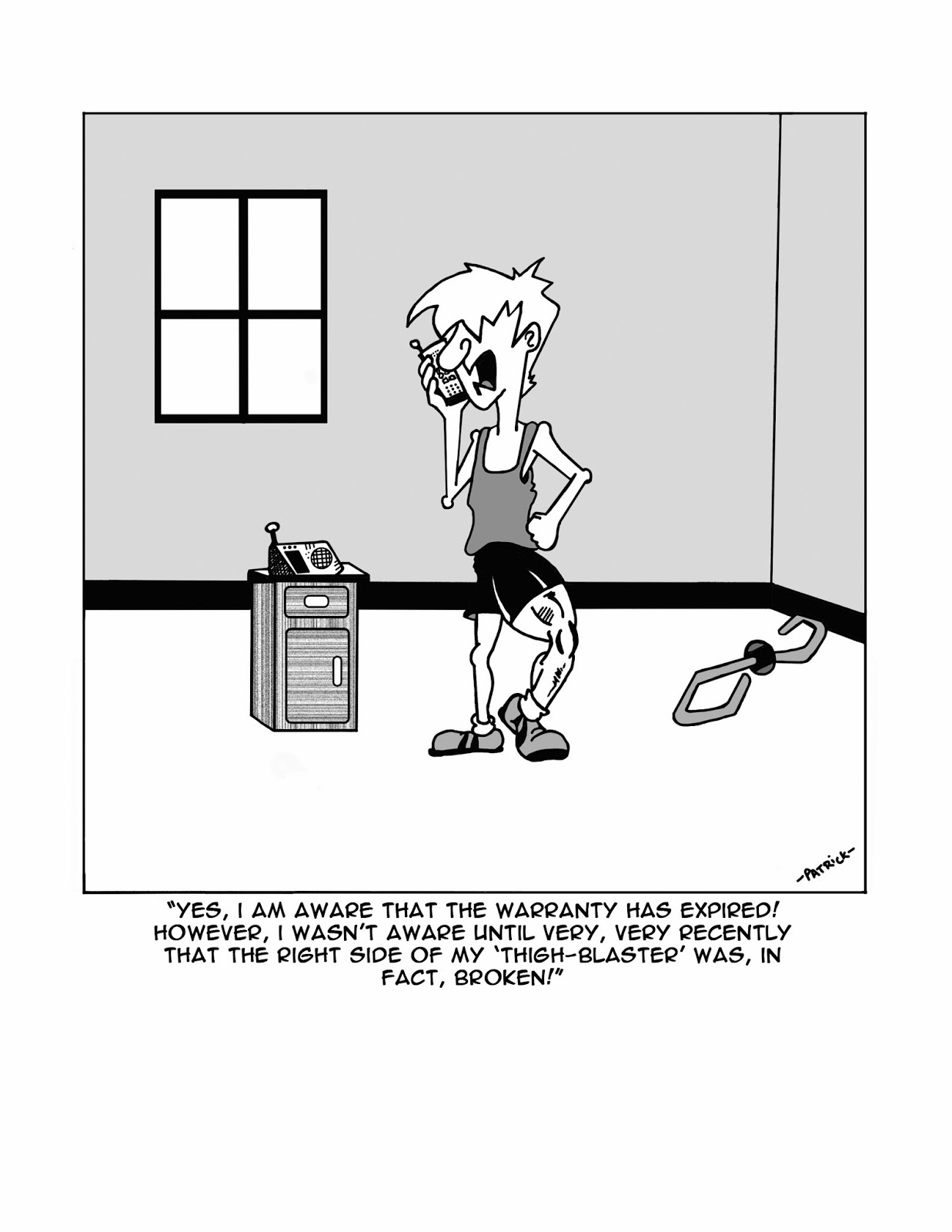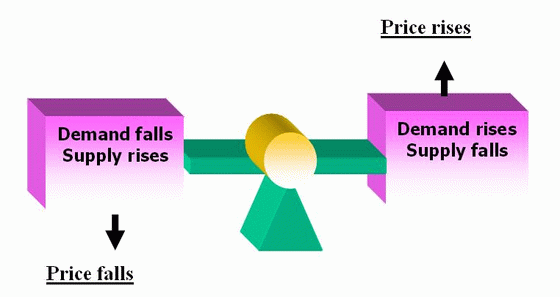Tuesday, March 4, 2014
Things Gamestop Does Not Want You to Know
Things Gamestop Does Not Want You to
Know
Who doesn’t love video games? Let
me rephrase that: Who, under the
approximate age of 68 years old does not love video games?
"See that guy I just shot in the face? That's you, Marge."
That was an easy question. Let’s
try another, and I will wager that the answer will be just as easy. Who doesn’t love Gamestop?
Yep...looks like pretty much everyone!
Now, I understand that Gamestop is, like any other retailer, in the
business of making a profit. This being
the case, there will always those who are very vocal about their dislike for
them. Look at Walmart, or even Macy’s
and Gimble’s department stores before them.
There have been, and currently are hordes of people out there who can’t
wait to tell you what its wrong with any large, successful retail chain. If you
are in the business of making money from the public, there will always be
detractors within said public.
Graphic depiction of "No one cares what you think."
Gamestop, however, seems to have gone above and beyond the “Call of
Duty” (get it?) to have well earned the hatred and discontent of their
customers.
The following are some of the practices that Gamestop regularly puts in
to play to let you, the customer, know that you are most certainly not their
most important asset.
GET XXX% MORE ON YOUR TRADE-IN DEALS
These deals are very sneaky and
insidious, like a rattlesnake who has stuffed his tail with cotton balls. You see, when you look on your receipt and it
shows that the item you just traded in, let’s say a Wii system, would have
normally traded in for $14, you are, in fact receiving a whopping $21, instead! Well traded, right? Well, not exactly.
"He may have the 'Power,' but I got the bonus, suckers!"
Registers are no longer those
clanky, metallic iron devices with bells and buttons anymore. Today most, if not all retailers utilize a
proprietary computer system for their registers. The system at Gamestop knows when any sale or
special is going to take place and adjusts its programming accordingly. In the case of the “extra for your trade” deals,
it reduces the amount of the original
trade, usually on the day the deal goes in to effect. That’s right.
If the deal starts on a Wednesday, then odds are on the Tuesday prior,
that $14 Wii was trading in for much more…sometimes more than what will be
offered after the new deal is applied!!! Simply stated, even though you think you are
getting a deal with your $21 dollars, odds are the day before, one could have
possibly traded the very same system
for $23 or more! What’s even more
egregious is, after the “special” is over, the trade-in price goes back
up! The customers, (Gamestop hopes), are never the wiser.
NEW GAMES AREN’T ALWAYS AS NEW AS YOU THINK
Contrary to popular thought, there
aren’t a whole lot of advantages to working at Gamestop. You don't get many hours, you work for minimum wage, etc. Sure, you’re surrounded by video games all
day long. But, ask yourself this: When is the last time you saw a Gamestop
employee actually playing a video
game? It’s like being the guy who gets
paid $8 an hour to sell diamond jewelry to rich patrons. He doesn’t wear the jewelry at the store, and
he certainly doesn’t get to take it home with him at the end of the day.
Or, maybe he does...what the hell do I know?
This is where your average Gamestop
employee has an advantage over your average jewelry broker. At the end of the shift, provided it has been
over a week since a game’s release and there is more than a single copy of the
game available, the employee can sign out any game and take it home for four
days. Pretty sweet, huh?
"Played it. Beat it. Now, give me your $60 and get the hell out."
I mean, it’s sweet if you aren’t
the person who purchases this “new” video game for $60 after the clerk at your
local store has already taken that same
game home with him, played it and beaten it. What difference does it make if the game was
already used for a few days if you get your enjoyment out of it?
"They'll never know..."
The difference is that the game is now
USED and Gamestop is, in addition to being a retailer of NEW games, a re-seller
of USED games. And these pre-owned
games, don’t forget, are usually at least ten percent cheaper than their new
counterparts. Customers are being
bamboozled in to purchasing a used game at a new price. Now, the term Gamestop uses for “used” is
“pre-owned,” and technically, the games in question were never actually “owned”
by the employees who had signed them out.
Remember the last person who tried to use logic like that on a
technicality?
Call me crazy, but I kind of miss this S.O.B
PRE-OWNED GAMES AREN’T ALWAYS PRE-OWNED
We’ve all had that one game from
our past that we thought would be cool to play again, only to find out it had
become a “collector’s item,” or a “rare” game.
Think “Baldur’s Gate II,” the PS2 masterpiece, that, though used, still brings in
at least $40. This is a game for a system from two
generations ago, for crying out loud, and before it left the shelves years upon
years ago it was selling for $19.99! Why
the exorbitant price? Because this game,
and many like it are actually rare. They are the kind of game that customers tend
to archive in their collections rather than trade in for a six-dollar
credit. Therfore, whenever a copy does
surface, the price reflects its rarity and demand.
Pictured: Two years college tuition.
Here is where Gamestop plays fast
and loose with this idea of rarity a bit.
A little while back, there was a very good game for the Nintendo Wii
called “Xenoblade Chronicles.” It cost sixty bucks, but more importantly, it
was a Gamestop exclusive, meaning that no other retailer sold this particular
game. This sounds like a recipe for
rarity, right? Sure it does, and given
the proper amount of time, that’s exactly what would have happened. Gamestop, however, tried to expedite the process of making this game
a hard-to-find gem. First, they stopped
selling new copies of the game and waited for almost a year. Then, they released a new batch of “used”
copies at a whopping $90 a pop! When
asked about this unbelievable price point, Gamestop told the public that the
game was, in fact, rare and their price reflected supply and demand. Sound reasonable, right?
Seems right. Honestly, I kind of slept through that class, though.
Except, the “used” games were never
used. Copies of Xenoblade Chronicles
came pouring in to Gamestops around the nation from their massive distribution
center. Each and every one of these
games was still factory sealed, i.e. not
used! Now, take the logic from
their “pre-owned” argument, where the copies that are used by employees were
never owned, and therefore do not have to be sold as pre-owned at a lower price
and apply it here. These games had never
been owned. They were factory sealed!
How then are they able to sell them as rare, pre-owned merchandise? The two arguments that I imagine Gamestop is
sticking by are, “because we want to,” and “because we can.”
Yeah, okay...or maybe that.
HAVE A GAME RESERVED? WELL,
MAYBE AND MAYBE NOT
Make a purchase at any Gamestop and
you will receive a laundry list of requests and offers. Do you want to become a member? Will you do the survey? Do you want to insure your game or system? Will you, in fact, give them any more money
for anything at all? The most common
question that a customer is asked, however, has to center around the reserve of
upcoming games. They go after that
reserve dollar like a piranha goes after a cow crossing the river.
So, you reserve your copy of “Call
of Gears War-Duty 3” that comes out in three months, and you think you can
relax now…your game will be waiting for you when you go back and get it. Heck, you even paid for it in full, so it must be sitting in a drawer, wrapped and
ready to go with your name on it, right?
Actually, no.
Nope. Not even almost.
If you read the little print on the
back of the receipt, you will find that Gamestop is only responsible to hold
reserves for customers for the first 48 hours after the release of the
item. That means, if you come in three
days later because you weren’t able to make it before...you know, because you work so
hard to make enough money to afford these video games, your game may not even be there. If you question the employee about it, they
will direct you to the back of the receipt.
And you can direct them to the back of your hand.
To be fair, every attempt will be
made to get the customer the game as soon as possible, but it will not be
immediate. The person who just shelled
out their hard-earned cash to decimate zombies will have to wait until another
shipment comes in or one can be ordered from another store before they can do so. A good example of this sort of debacle is the
recent release of the Playstation 4.
These were the hot item of the year, and many people put down a minimum
of $100 to ensure themselves a system.
Though they were in short supply and high demand, the Gamestop company decision
was to sell as many systems as they could to “walk-in” customers, as well. This resulted in many customers, (those who
were forward thinking enough to put down good money to reserve a system), going
home with nothing. Their friends their
neighbors, the “non-reserve” people, however were quite possibly playing their PS4’s
before dinner. It’s this kind of
practice that backs up the theory that video games do, indeed cause rage and
violence…just not in the way that one would think.
"Let me show you what I think about $4 for my trade-ins, maggot!"
Now, many people certainly have
their own horror stories about their individual experiences at Gamestop. As previously stated, this is not an uncommon
occurrence for a retailer of this size.
The points above, though, do not address issues such as “that rude kid
behind the counter,” or “I swear the line moves so slow!” These types of complaints are specific to the
stores one visits and to the employees working therein. No, this article is focused upon company
practices and how they have been designed to, at the very least fool the
customers and at the most, outright cheat them.
These are the types of things that consumers should be aware of and,
hopefully, complain about. It is only
through these complaints and the refusal to be party to such shady operations
that any change will ever come.
Subscribe to:
Comments (Atom)
















